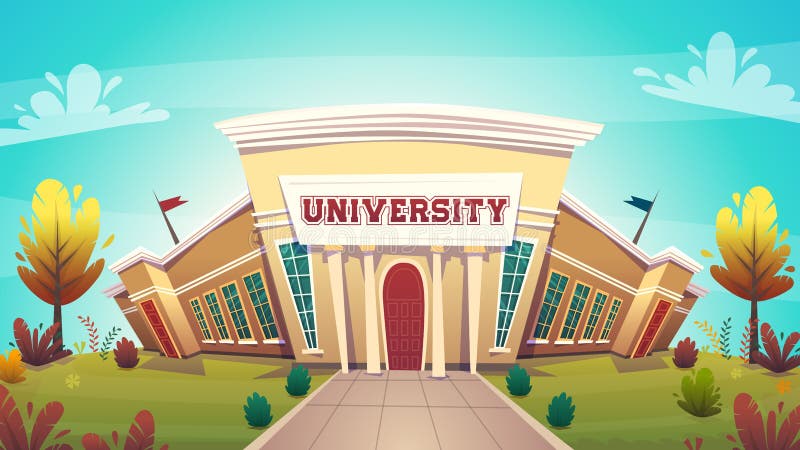Dear friends,
Why would you consider doing MSc after your undergraduate programme? During my final year as an undergraduate student I applied to pursue a postgraduate degree at the University of Surrey. Students usually would prefer to start working right after their graduation in oder to earn money. These students do a placement during their third year at university and receive an offer to continue working for the same company at the end of their studies. This is a great opportunity, hence, it is hard to reject the offer. Some of these people would consider doing Masters after a few years of full-time work.

However, it is vital to determine the objective behind the decision to continue with further higher education. For example, I applied for MSc because I wanted to increase my knowledge and my future salary as a highly educated individual. Another reason was that I planned pursuing a PhD in order to become a researcher and an academic.
Moreover, you should be aware of the differences between undergraduate and postgraduate courses before you decide doing a Masters degree. The postgraduate programme reflects a higher level of difficulty regarding module content and higher requirements for assessments. Additionally, the intensity with which you will need to study is greater as, usually, there is only one year to cover the material. There is also greater emphasis on research. For instance, if you feel that your final year as an undergraduate student is quite busy, at postgraduate level your studies will be even more demanding. That is because dissertation is compulsory in most cases. In relation to my MSc course, I had to write at least 10,000 words in addition to 8 modules during the year, which I had to pass.

I chose this programme because I see challenge as something positive and rewarding. Studying as a Masters student allows you to expand your knowledge in respect to your chosen subject. Thus, you can specialise in specific elements in order to research more deeply the topic that interests you, addressing your research question.
In terms of the application process, I submitted my personal statement, transcript and degree certificate and waited only a few days for the offer as I was already a student at Surrey. Hence, the university already had all documents that were necessary for the application. I had many optional and several compulsory modules, which were mainly focused on the development of research skills and the final research project.
The optional modules provided an opportunity to study Political Communication or Leadership, Environmental Law, International Trade, International Political Economy, Applied Policy Analysis (Economics), Sociology and Criminology. Therefore, it was very useful that these modules covered various subjects, in addition to Politics. It is true that there may be students who would prefer only modules focused on their own subject. This variety may be seen negatively rather than positively, meaning that it depends on the personal preferences of students. However, the additional optional modules include subjects that are closely related to Politics in many aspects. This suggests that it would always be beneficial to learn more about the relationship between two subjects, which seem to be very different at the beginning.

I studied Environmental Law, which offered insights on the protection of the environment through the use of the law, which is a political issue. For example, water pollution is a significant problem for the international community. The protection of water depends highly on the political stance of a country. It depends on the state if a law will be introduced and effectively enforced. You can clearly see how Politics and Law can interact with each other. Having a choice is a freedom, hence, be open to the options that you are offered at university. Challenge yourself and learn more.
Until next time,
Desi
